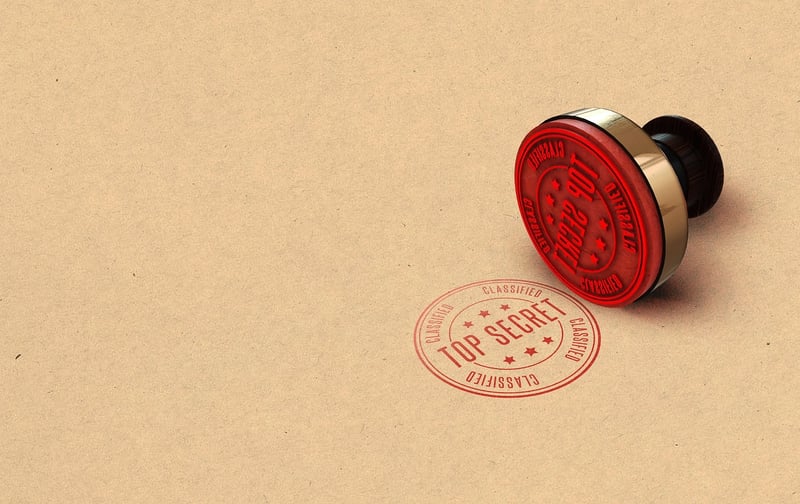Classified Info
The Importance of Keeping Classified Information Secure
Classified information plays a crucial role in national security, protecting sensitive data from unauthorized access. Whether it's government secrets, proprietary business information, or personal data, safeguarding classified information is paramount to prevent security breaches and maintain trust.
Types of Classified Information
Classified information can be categorized into different levels based on its sensitivity:
- Confidential: Low-level classification for data that could cause damage if disclosed.
- Secret: Medium-level classification for information that could cause serious damage if revealed.
- Top Secret: Highest level for data that could cause exceptionally grave damage to national security if exposed.
Best Practices for Handling Classified Information
Here are some essential tips to ensure the security of classified information:
- Use encryption to protect data during storage and transmission.
- Implement access controls and restrict information on a need-to-know basis.
- Train employees on handling classified information and the importance of security protocols.
- Regularly update security measures to adapt to evolving threats.
Consequences of Mishandling Classified Information
Failure to safeguard classified information can have severe repercussions, including:
- Legal consequences such as fines, imprisonment, or loss of security clearance.
- Damaged reputation for individuals, organizations, or governments involved.
- Compromised national security leading to potential threats and vulnerabilities.

Protecting classified information is not just a legal requirement but a moral obligation to safeguard sensitive data and prevent potential harm. By following best practices and staying vigilant, we can contribute to a more secure environment for all.
For more information on handling classified information responsibly, visit CIA.
